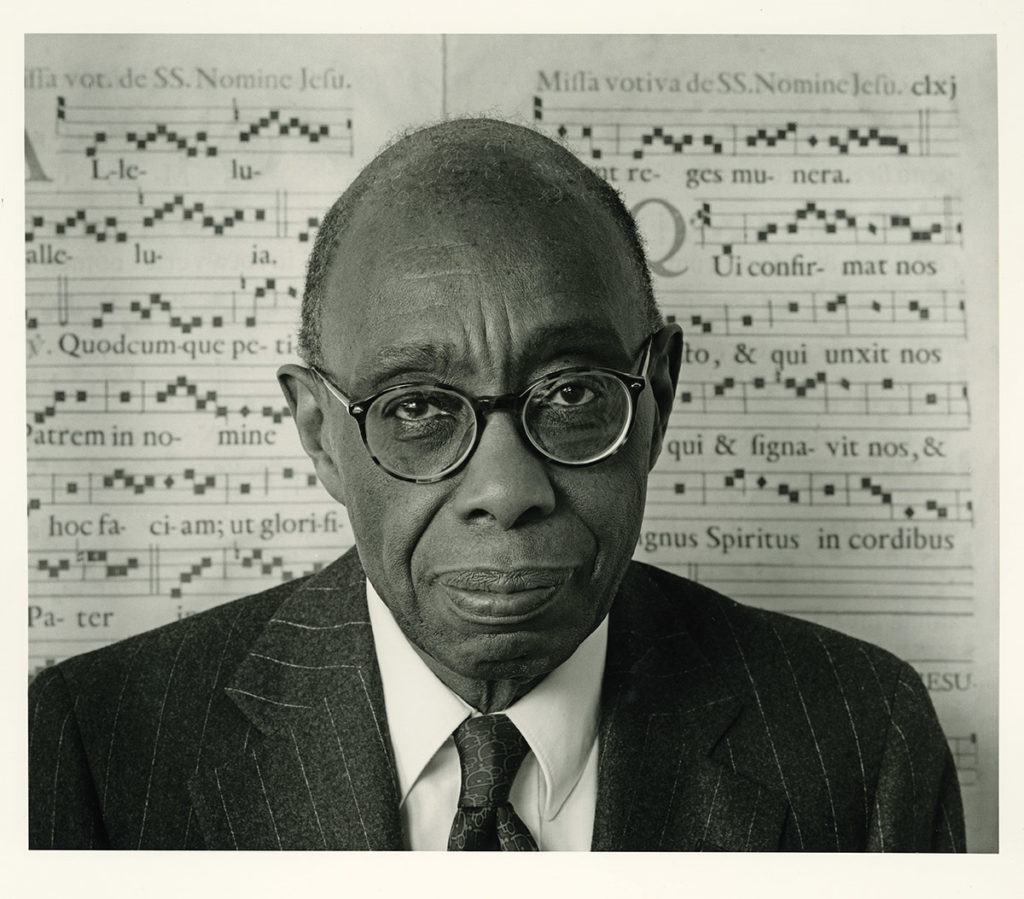
I have always been inclined to downplay the importance of inspiration, a notion typically entertained by laypersons in the creation of any art. The sudden illuminating flash as a compelling impetus to create has seldom appeared in my consciousness. Nevertheless, I can imagine that there are artists who do experience this mystical stimulus, a perception realized through sight, sound, or thinking that can trigger a strong response. Perception, however, will not induce every artist to respond to the stimulus with the same compulsion. I am more inclined to question the validity of the disclosure.
Will is a stronger and more consistent factor in energizing the intent to create. The beginning of a new work is consequential. It demands the most careful preparation. Refining and reshaping initial ideas become essential in providing the key that opens the door to a dimly lit vista.
—George Walker, born a century ago (June 27, 1922) in Washington, D.C., from his memoir, Reminiscences of an American Composer and Pianist. Walker was the first Black composer to receive the Pulitzer Prize, awarded in 1996 for Lilacs for Voice and Orchestra, a setting of Walt Whitman’s “When Lilacs Last in the Dooryard Bloom’d.” He died in 2018.

